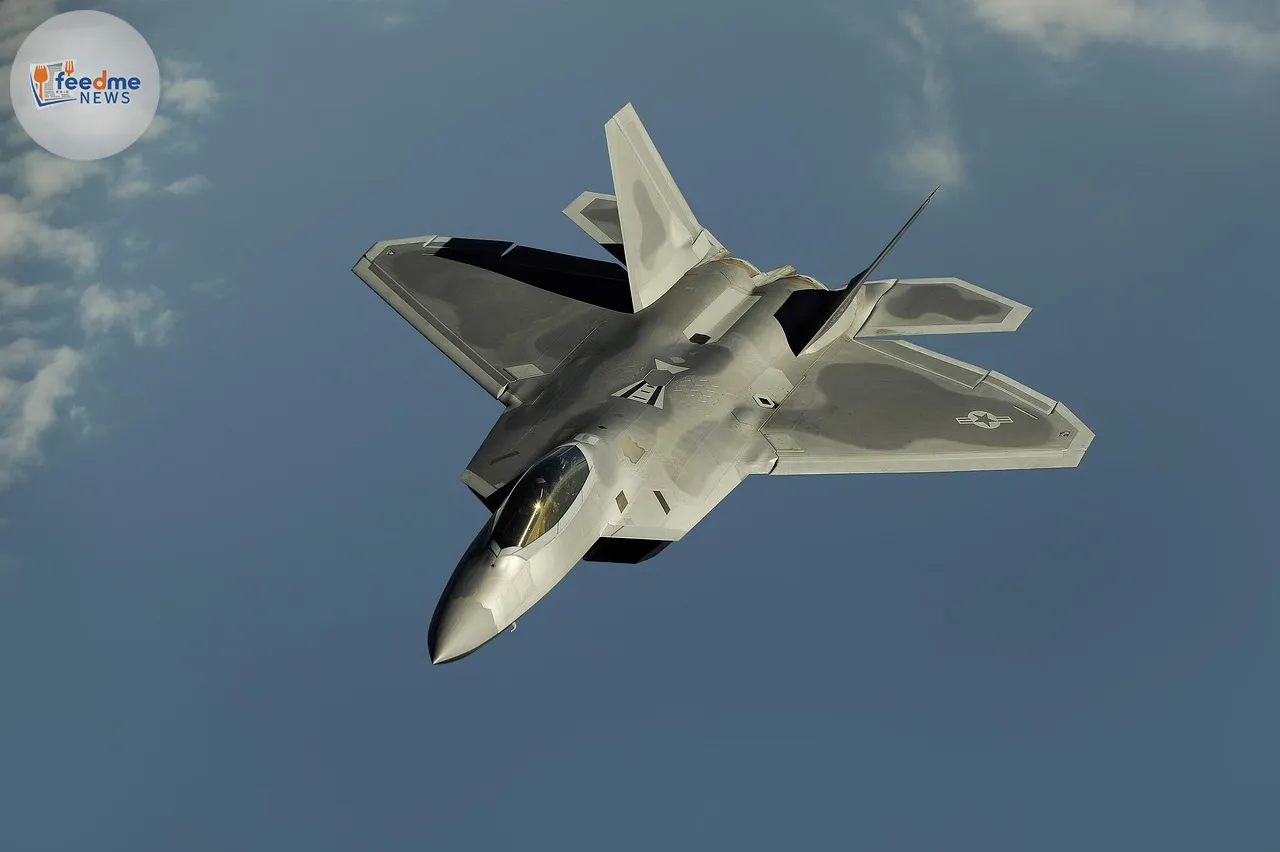Israel has launched airstrikes near the presidential palace in Damascus, escalating tensions in the region. Prime Minister Benjamin Netanyahu confirmed the attack early Friday, emphasising Israel’s commitment to safeguarding the Druze community in Syria. The strikes come amidst rising sectarian violence, marking the second Israeli attack in two days targeting Syrian forces.
The airstrikes occurred near the heart of Damascus, intensifying the already volatile situation in Syria. The Israeli government has repeatedly stated its determination to prevent Syrian military deployments south of Damascus that could threaten the Druze population. This latest military action underscores Israel’s strategic interest in maintaining regional security and protecting its minority allies.

Israel’s Strategic Objectives
Israel’s military actions in Syria are driven by strategic objectives aimed at countering potential threats. Prime Minister Netanyahu has consistently warned against Syrian forces’ advancements that could endanger Israel or its allies. The recent strikes near Damascus highlight the urgency with which Israel views these threats.
Netanyahu reiterated Israel’s stance, stating, “We will not allow Syrian forces to establish positions that threaten our security or the safety of the Druze community.” This statement reflects a broader Israeli policy of preemptive defence, which has seen numerous strikes in Syria over recent years targeting Iranian and Hezbollah positions.
The Druze Community’s Plight
The Druze community, a religious and ethnic minority in Syria, has found itself caught in the crossfire of the ongoing civil conflict. Recent clashes with Sunni gunmen have heightened fears for their safety, prompting Israel to take decisive action. The Druze have historically maintained a neutral stance in the Syrian conflict, yet their strategic location has made them vulnerable to attacks.
Israel’s commitment to the Druze is rooted in historical ties and mutual interests. The protection of this community is seen not only as a moral obligation but also as a strategic necessity for Israel. The airstrikes serve as a message to Syrian forces and other factions that any threat to the Druze will be met with force.
Regional Implications and Reactions
The Israeli airstrikes near Damascus have drawn international attention, with various nations calling for de-escalation. The United Nations has urged restraint from all parties involved, emphasising the need for dialogue to prevent further bloodshed in the region.
Syria has condemned the airstrikes, labelling them as acts of aggression that violate its sovereignty. The Syrian government has vowed to respond, raising concerns about a potential military escalation. Meanwhile, regional powers are closely monitoring the situation, aware that any increase in hostilities could destabilise the broader Middle East.
Historical Context and Future Prospects
Israel’s recent actions are part of a long-standing policy of preventive strikes against perceived threats in Syria. This policy aims to curb the influence of Iran and Hezbollah, both of which have established significant footholds in the region. The airstrikes near the presidential palace in Damascus are a continuation of this strategy, reflecting Israel’s determination to maintain its security interests.
Looking ahead, the situation remains precarious. Analysts suggest that while the immediate threat to the Druze may be mitigated, the underlying tensions in Syria pose ongoing challenges. The international community’s role in fostering dialogue and reducing hostilities will be crucial in preventing further escalation.
As Israel continues to navigate these complex dynamics, its actions will likely influence the regional balance of power. The protection of minority communities like the Druze underscores the intertwined nature of security and humanitarian concerns in conflict zones.
In conclusion, Israel’s airstrikes near Damascus mark a significant moment in the ongoing Syrian conflict. With regional stability hanging in the balance, the international community faces the daunting task of mediating a path to peace while addressing the security needs of all parties involved.






